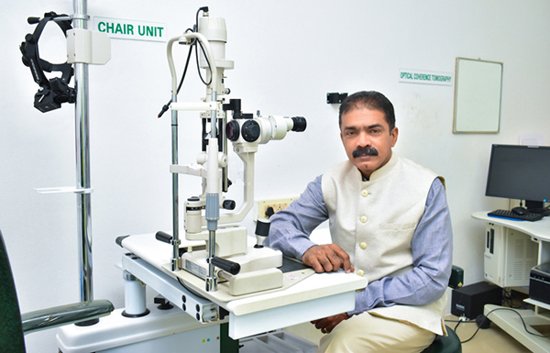.jpg)
EMPATHY

Empathy is the ability to emotionally understand what other people feel and see things form their point of view.
INTRODUCTION:
The Computer can read a list of signs and symptoms and give a diagnosis Robots can perform varies functions, but they don't have the range and experiences and cultural knowledge to drew on that would enable if to treat a person, as well as the illness. The empathic component of medicine is what makes a physician special; without it we are, in essence, highly trained robots and computers.

TYPE OF EMPATHY:
EMOTIONAL EMPATHY:

When you feel sad while watching a sad scene in a movie you share their emotions and feelings.
COGNITIVE EMPATHY:

This is more than feeling .You are able to understand other person's mental state, put your self in their shoes.
COMPASSIONATE EMPATHY:

This is empathy compelling us to take action to relieve another person's suffering.
PRACTICING EMPATHY:

1.jpg)



ANATOMY OF EMPATHY:

Functional MRI research indicates that an area in the brain known as the inferior frontal gyres play a critical role in the experience of empathy.
MY UNFORGETTABLE ENCOUNTER WITH EMPATHY:

During our clinical postings in medical college, as students few of us had to examine patients in severe pain and some with terminal illness to learn and diagnose their medical condition. Repeated examination can produce severe pain to the patient .Sometimes they may have to be kept at unusual postures to be examined, leading to psychological trauma. When my turn came to examine them, I always stayed away. To improve my clinical skill, I never wanted them to go through stress and pain . By becoming too emotionally involved with the patient, you lose your objectives; by not becoming involved enough, you may be unable to relate as a human being. This is a difficult balancing act.
I have been practicing ophthalmology for the last 33 years. Even to this day, when someone approaches for help, I go out of my way to do best. I work beyond scheduled time; sacrificing meals and family time only with the intention of seeing my patients feel better. I wish I had more time to spend with my children and family. I wish I could take a vacation. I wish I had time for my hobbies .This is the second place where empathy hurts as a physician. If robs you of your time!
CONCLUSION:
The best part of being a doctor is going to work and making a difference every day. If is highly rewarding to see patients enter your chambers with a smile on their face and gratitude in their manners and words.Every patient wants to be treated as a person, not as an illness and wants to be reassured that the doctor understands the nonmedical aspects of his or her condition.

There is no question when empathy in Medicare is a core value; good things happen. We see happier and more productive doctors. If leads to significantly better patient outcomes and higher rates of patient compliance, saving you money in the long run and often helps drive growth. Empathy is a choice, but for doctors, if should be the easiest decision you make.

.jpg)
.jpg)
{{r.reply}}
Your comment was submitted for review. It will start display once it was approved by Admin
Comments